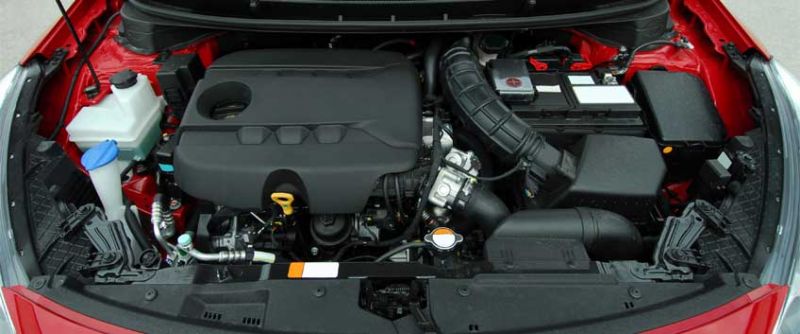The Car Fuel Guide – Part 1
Buying a new car you have to take many things and aspects into account. Often the main things people keep in mind is the condition of the car, is there additional repairs needed, the price, etc and some details like which type of fuel is the best for your car to run on. Well, with an awful amount of questions and things to consider, we understand pretty well why the fuel question is not on the top of the priority list, however, this can be another important aspect of the whole purchasing a new car thing.
Most buyers are deciding between petrol and diesel engines as the most popular options on the market. However, when planning to buy a new car you have to keep in mind that you have also other options like a hybrid and an electric car, which can suit your lifestyle and requirements even better! It all depends on your personal preferences and needs, but our job today is to help you get even more familiar with the fuel options you have!
In order to make sure you understand pretty well the importance of fuel engines when it comes to purchasing a car, here is how they can impact your choice:
• Do your calculations and see if the fuel option is economic for you
• Don’t forget the other running costs such as tax and depreciation
• The type of driving you to do and how fuel consumption fits your lifestyle
Petrol
The petrol engine is the most common choice in the UK and there are many reasons for this fact. In general, petrol is cheaper than diesel, for example, and petrol-engined cars are usually cheaper. However, when it comes to bigger cars with significant fuel consumption and for more active use of the car, petrol is maybe NOT the best option. In some cases the petrol consumption for drivers who use their car a lot and especially for bigger cars, petrol often loses its value. Finally, we recommend petrol-engined cars for buyers, who want a fairly small to medium car and have low annual mileages.
Diesel
Diesel-engined cars make more sense to people that have higher annual mileage. Travelling by a diesel-engined car means 15 to 20% lower fuel bills than the equivalent petrol-engined car, which makes diesel a cost-efficient option if you travel a lot and if the car you are going to purchase is on the bigger side. In addition, diesel cars are even more cost-efficient, because they have a lower CO2 emission, which means they are taxed by lower taxes - vehicle tax rate tables.
For the last years, diesel cars used to be popular for being responsible for higher local pollution and although this used to be the truth for a long period of time, with the improved and renewed diesel fuels that meet the Euro 6 standards (European emission standards), the harmful effect is lowered with 99%! However, the new diesel formulas work with specially designed filters, which are very effective for long journeys and a high level of use, but if the car is used not that often, these filters may get clogged up and this would be an additional cost for replacing.
Don’t miss the car fuel guide – part 2, if you are interested in the topic! We will talk about hybrid and electric cars and in which cases they are recommended.


